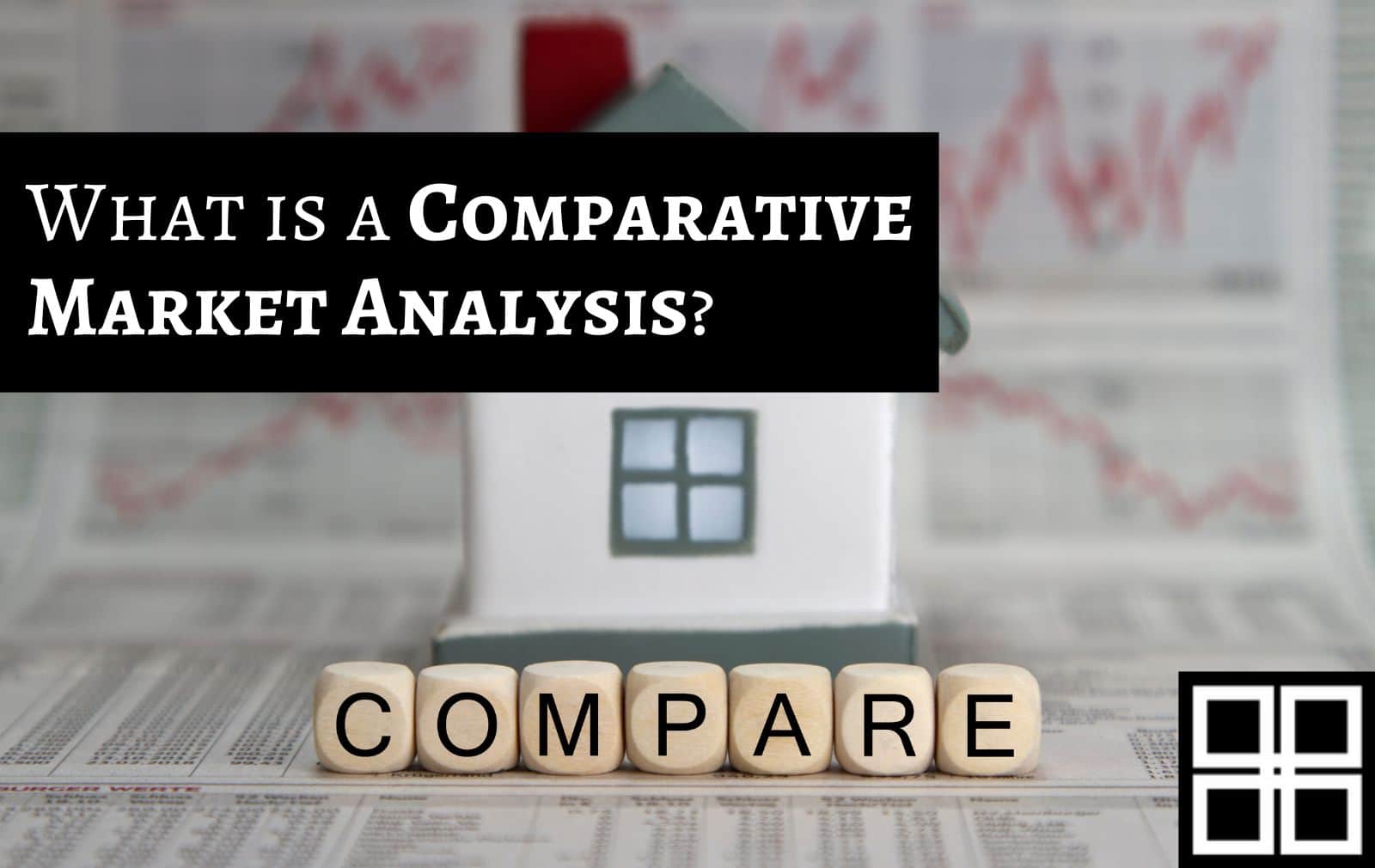What Does Comparative Market Analysis Mean in Real Estate?
You’ll need to know the value of a property if you want to buy or sell a home. You can’t set a fair price for your home unless you do some research. A comparative market analysis (commonly abbreviated as CMA) is an effective tool for achieving this. It can help you get a better idea of the value of a property. Here’s what you need to learn.
What is a comparative market analysis (CMA)?
A comparative market analysis is the compilation of data used to estimate a house’s value. This is one of the first and most important steps to selling a house. The CMA is created by comparing a home to similar homes in a particular area. CMAs provide a general view of the local housing market, as well as an educated guess of the fair value for a home. This can be used by sellers to set the listing price for your home.
Comparative market analysis is a method of comparing homes within a certain area. These homes will share many of the same qualities as the house being analyzed. It will, for example, look at homes that have similar lot sizes, the same square footage, and the exact number of bedrooms and bathrooms. The system will also consider the condition and age of the home, any improvements made over time, and special features like swimming pools.
The CMA will take into consideration the condition of the housing market both locally and nationwide. This can help determine the price that a home is likely to sell for given the current market conditions.
Who usually creates it and why?
A real estate agent or broker, usually the seller’s representative, will prepare this analysis to determine what a home should be priced at. A CMA, unlike an appraisal which is performed by a professional, is a more informal assessment of the market. Just because it is not an official appraisal doesn’t mean that it’s unimportant.
Performing a market analysis of high quality is a skill that requires experience. The more an agent knows about appraisers, then the more accurate they will be with pricing.
If you want, you can do your own CMA. This is useful if you’re hoping to sell without a Realtor. The public has access to a lot of information on realty listings sites. Although, a real estate agent is more likely to know the local market than a computer algorithm.
Online home value estimators cannot replace the human touch in assessing a market or evaluating a home. Even appraisers don’t have the knowledge necessary to accurately value homes if they do not know the local market.
Example of a comparative market analysis
As an example, let’s create a hypothetical CMA. Imagine a 1,500 square foot single family home with three bedrooms, 1.5 bathrooms and an attached garage. The home is in good shape, and has been upgraded in the past few years and doesn’t need any major repairs. The seller hopes to list the property for $350,000.
Look at the prices of three homes similar to this one that sold in the neighborhood during the past few months.
- The first house is 1,750 square feet with three bedrooms and two bathrooms. It sold for $385,000. It is also in a similar condition.
- The roof needs to be replaced on the next house. It is 1,250 sq. ft. with two bedrooms and 1.5 bathrooms, as well as a garage for one car. It sold for $300,000.
- The third house is 1,600 sq. ft. with three bedrooms, 1.5 bathrooms and a one car garage. It is in excellent condition but the air conditioning is old. It sold for $335,000.
A Realtor can use this information to determine the price range of the house in question. $350,000 is a good starting point.

CMAs and other valuation methods
The only way to estimate a property’s market value is through a comparative analysis. Other tools can also be used to make a similar assessment.
- Comps: A comp is an acronym for similar properties in a particular area. Comparing a number of them, like in the example, will give you a good idea of what a house’s expected value should be. There are many variables that can affect the value of a property, such as the school district or traffic noise. Comparative market analysis uses comps, but these are only one part of the equation.
- Appraisals: Home appraisals are conducted by licensed experts, who are objective and paid to determine the fair market value. The appraisers walk the property and compare it with similar properties in the neighborhood. The appraiser is usually required by the buyer’s lender in order to determine the value of the property. However, a seller can also commission an appraisal.
- Online estimators. An automated value model or AVM is a quickie comparison of the market performed by a computer program. This is similar to Zillow’s Zestimate. It uses publicly available information about the property. They aren’t always accurate: Because each algorithm is unique, you may get a different estimate for the price from every AVM. Calculating home values in black and white without seeing the details of a house is misleading.
Bottom line
It is worth having your agent do a comparative analysis if you are trying to sell your home. This is usually included as part of their service at no additional cost. It gives you a good idea of the local market, including what your home’s worth may be. Although it may not be as accurate a professional appraisal, the information provided is still very useful.










